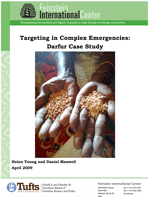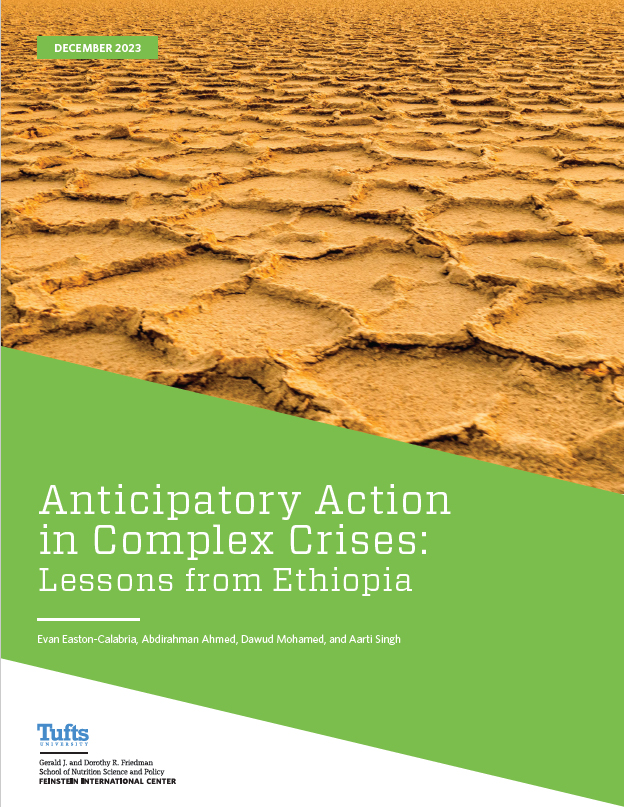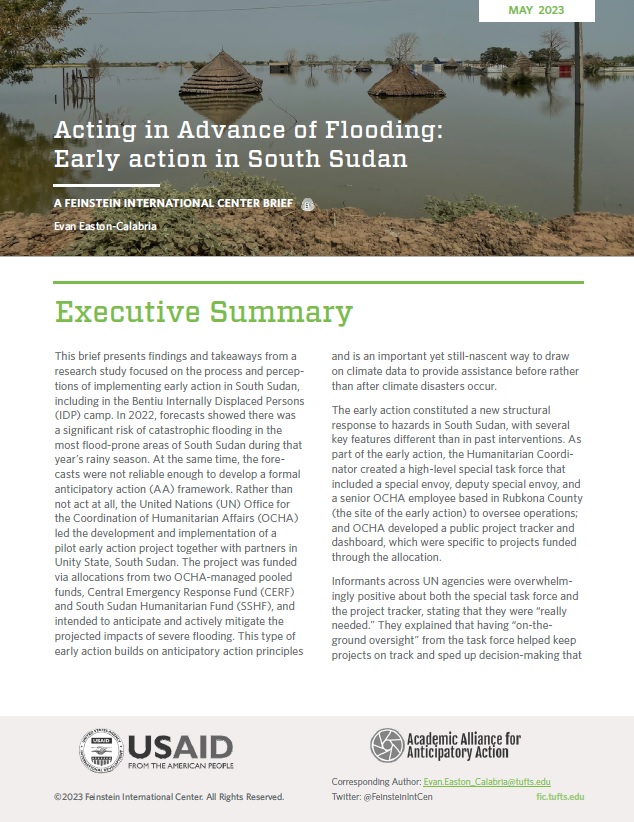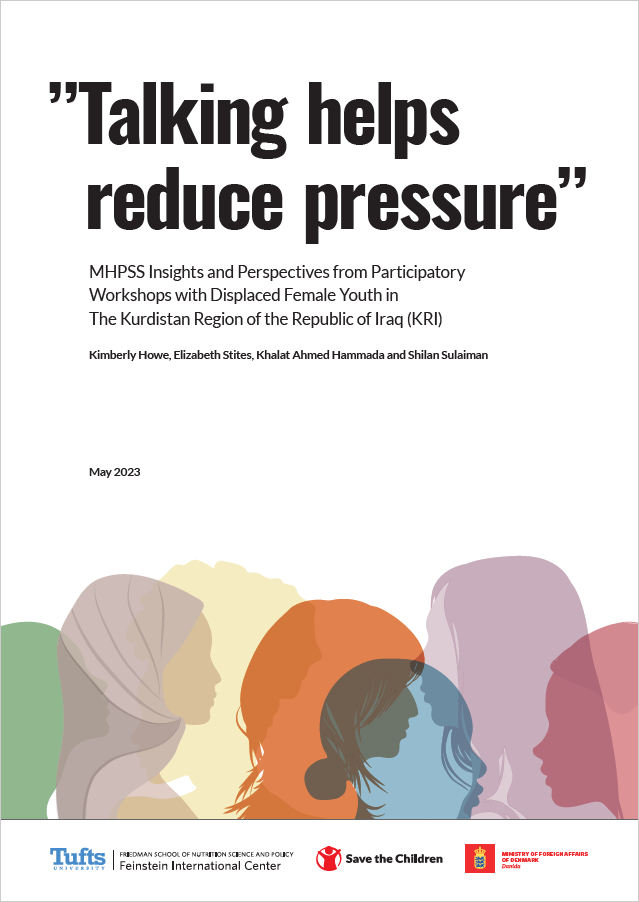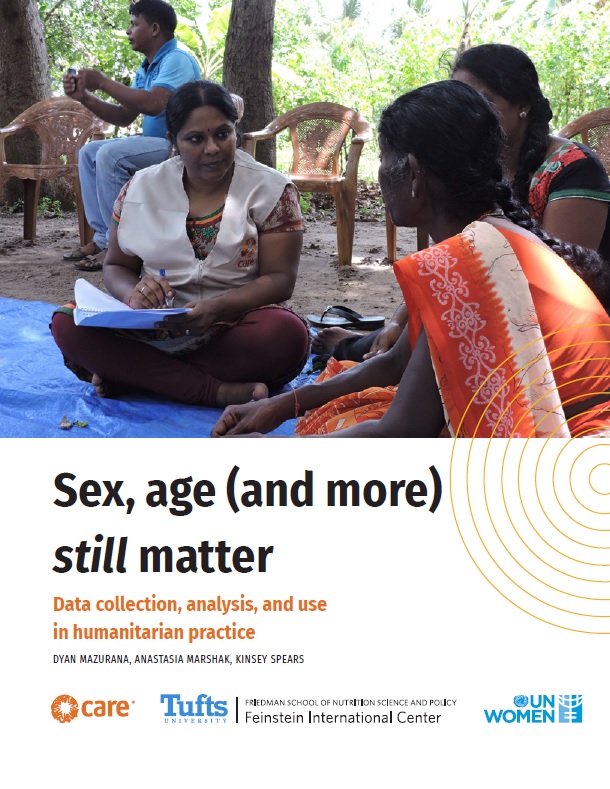Can community-based approaches to the targeting of humanitarian assistance in complex emergencies improve participation and reduce targeting error? Although the literature suggests that community-based targeting works best in slow-onset emergencies with no conflict or displacement, participatory approaches to targeting assistance have been attempted in complex emergencies, either directly (through elected relief committees) or indirectly (often through unelected but representative leaders).
This study examined community participation throughout the food aid program cycle to understand the role of recipient communities in the targeting of food assistance under the conflict conditions in Darfur – one of the largest food aid programs in the world. The Darfur conflict is now in its sixth year, and has drawn in a complex web of local, national, and transnational interests, which play out in different types of inter-connected conflict throughout the region. From the start of the conflict in 2003, protection threats and restricted access have been major challenges to the humanitarian community.
The research was conducted before the recent expulsions of thirteen International NGOs and the closure of three Sudanese agencies working in Darfur. But the implications of understanding local governance – including humanitarian governance – is critical to understanding options for enhancing local participation in food distribution and targeting. This includes an analysis of the role of the Food Relief Committee (FRC) which, as a new governance institution, has its own systems and rules. Although intended more as a means of assisting with distributions, and of ensuring continuity of operations when WFP or it partners cannot get access because of security concerns, FRCs also play a role in community representation and participation.
The report also investigates the role of food assistance plays with regard to humanitarian protection. The IDP claim or “right to food” is closely interwoven with the claim for protection more broadly and, as such, this claim which is directed at WFP is closely intertwined with other politicized claims which lie at the heart of the IDP’s own narrative or IDP identity. As long as food aid entitlements are so closely linked with wider and more highly politicized claims, there remains limited potential for community-based targeting in this complex setting.
This research is one case in a study commissioned by the World Food Programme to investigate the participation of recipient communities in the targeting and management of humanitarian assistance in complex emergencies.

